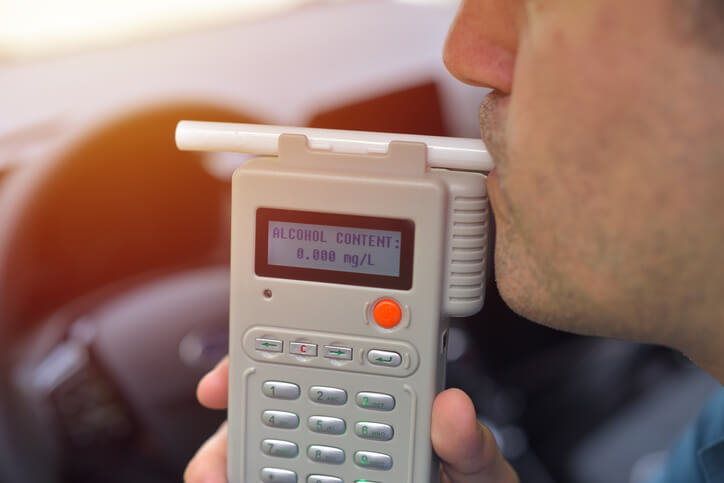In Indiana, a driver who is stopped for suspected drunk driving is often asked to submit to a breath test to determine their blood alcohol concentration (BAC). Refusing to take this test can have legal consequences, but there are situations where it might make more sense to refuse, depending on the specific circumstances and potential outcomes.
One reason to consider refusing a breath test is to deprive the state of potential evidence. A breath test result showing a BAC over the legal limit of 0.08 percent is strong evidence in an Operating While Intoxicated (OWI) case. If a driver believes that their BAC is significantly over the limit, refusing the test could force the prosecution to rely on other, less concrete evidence such as field sobriety tests, officer observations or witness testimony.
Another situation where refusal might be a valid option is when a driver has prior OWI convictions. Indiana law imposes harsher penalties for subsequent OWI offenses, and a breath test result confirming intoxication could lead to longer license suspensions, higher fines and mandatory jail time. Refusing the breath test, while still leading to penalties, might limit the amount of evidence available to enhance the charges based on prior offenses.
However, it’s important to weigh these considerations against the penalties for refusing a breath test. Under Indiana’s “implied consent” law, anyone operating a motor vehicle is deemed to have consented to being subjected to breath tests, urine tests or blood tests if suspected of OWI. A driver can refuse a field sobriety test with no legal penalty, but refusing a breath test brings an automatic license suspension, regardless of whether one is later convicted of OWI. For a first-time refusal, the suspension is typically one year. and For those with prior refusals or OWI convictions, the suspension can be up to two years. Additionally, refusal can be used as evidence in court, suggesting consciousness of guilt.
Despite the potential advantages of refusing a breath test, the decision to do so can be risky and should not be taken lightly. A refusal might do more harm than good, especially if other compelling evidence of intoxication exists, such as video footage or witness statements. Additionally, refusal can complicate legal defenses and limit options. An experienced OWI attorney can help evaluate the risks and benefits of refusal and develop a strategy tailored to the individual’s circumstances.
The Law Offices of Ryan E. Lackey in Fort Wayne is ready to help you fight OWI charges or help you after you refused a breath test in Indiana. Call 260-222-7364 or contact us online to schedule a free consultation.


